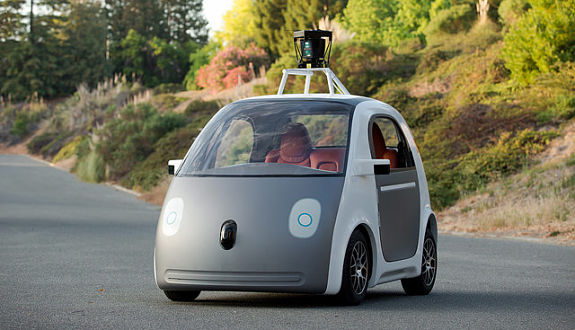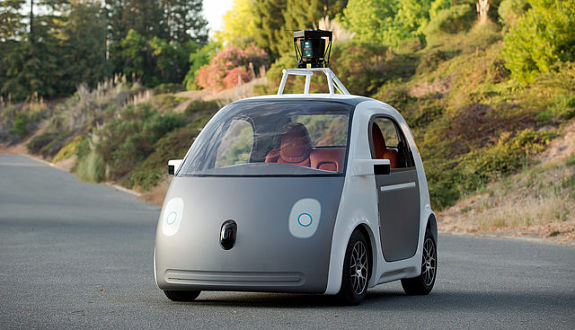Google’s self-driving cars didn’t just drive themselves over to Uber.
- by
- Mar 11, 2017
- Lawsuits, News
- Reviewed by: Matt Riley


Greetings, human. I will have your life in my hands for the next hour. You are correct that I have no hands. Please hop in.
A few years ago, Apple sued Samsung for patent violations. The case resulted in a jury award amounting to over one billion dollars. It was a massive case, and it captured headlines around the world. Just a short time ago, Google filed suit against Uber, beginning a case that could dwarf the Apple v. Samsung litigation.
Google, through its self-driving car subsidiary Waymo, is accusing Uber of stealing its self-driving car technology. The complaint centers on Anthony Levandowski. Levandowski is a former Google employee who now works at Uber. Google alleges that he secretly downloaded 14,000 files from its hardware system, resigned a month later, and then used the information to launch a self-driving truck startup called Otto. Uber acquired Otto last year and put Levandowski in charge of all its self-driving efforts.
The complaint alleges violations of the Defend Trade Secrets Act and the California Uniform Trade Secret Act, as well as patent infringement. But the issues may not be restricted to the civil side. According to Chris Swecker, a former assistant FBI director and now attorney specializing in corporate espionage and cybercrime (man, I want that job title), “I would be very surprised if there wasn’t a full criminal investigation behind this.”
Given the specificity of the complaint, it looks like Uber could be in some deep trouble. Google put out a “note on our lawsuit against Otto and Uber,” which contains a description of the evidence the evidence against Levandowski and Uber. For example, it states the following:
To gain access to Waymo’s design server, Mr. Levandowski searched for and installed specialized software onto his company-issued laptop. Once inside, he downloaded 9.7 GB of Waymo’s highly confidential files and trade secrets, including blueprints, design files and testing documentation. Then he connected an external drive to the laptop. Mr. Levandowski then wiped and reformatted the laptop in an attempt to erase forensic fingerprints.
If these allegations are true, this case will likely result in either a massive settlement or reward. Even without three years of law school, I would be pretty confident in saying that downloading proprietary information on a company-laptop is probably a no-go.
Ultimately, I hope that this lawsuit doesn’t slow down the development of autonomous vehicles—I’ve been looking forward to not having to drive any more. Stay tuned for developments in this case, it doesn’t look like it’s going away.
Is self-driving even a good thing? Weigh in:
[poll id=”162″]
Search the Blog

Free LSAT Practice Account
Sign up for a free Blueprint LSAT account and get access to a free trial of the Self-Paced Course and a free practice LSAT with a detailed score report, mind-blowing analytics, and explanatory videos.
Learn More
Popular Posts
-
logic games Game Over: LSAC Says Farewell to Logic Games
-
General LSAT Advice How to Get a 180 on the LSAT
-
Entertainment Revisiting Elle's LSAT Journey from Legally Blonde








